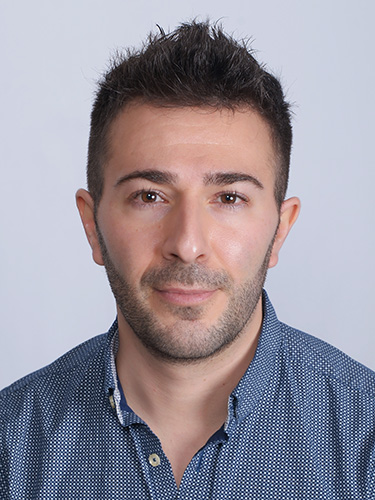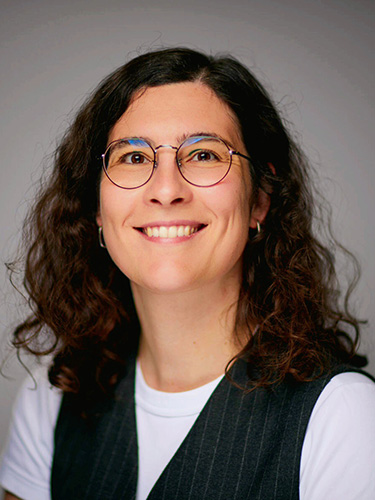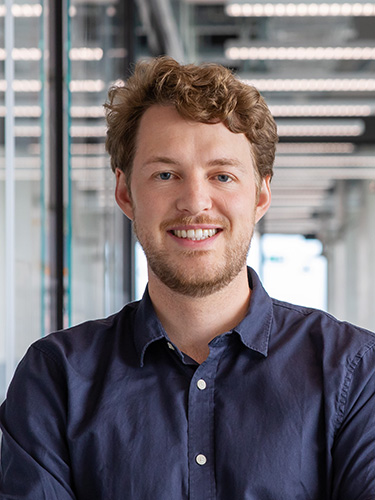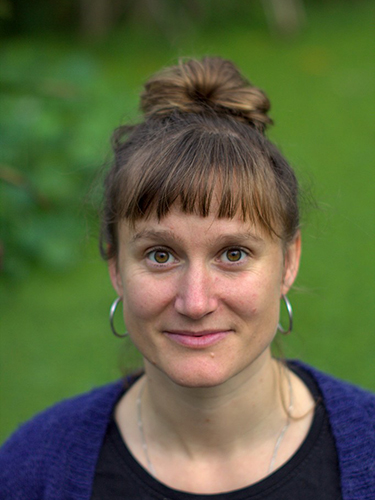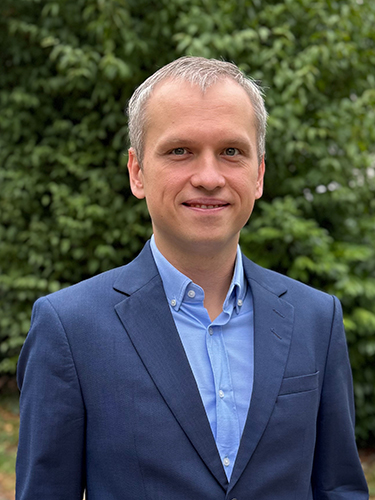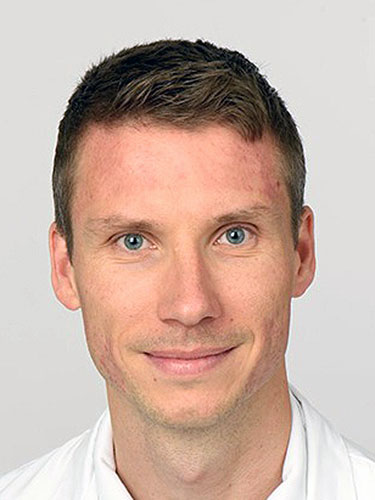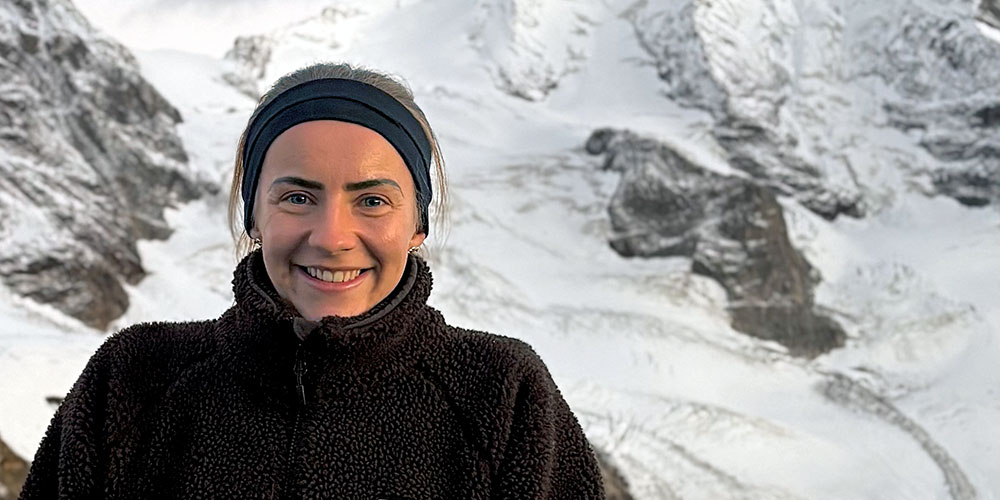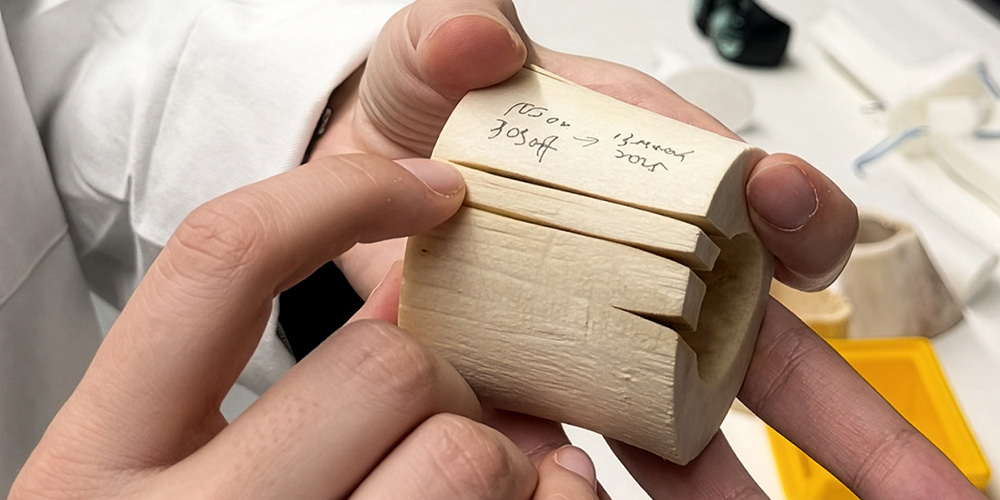Seven researchers from the University of Basel receive ERC Starting Grants
In the competition for highly sought-after research funding from the European Research Council, seven researchers from the University of Basel convinced the jury with their project ideas. Over the next five years, they will each receive between EUR 1.5 million and EUR 2.3 million through an ERC Starting Grant.
04 September 2025 | Angelika Jacobs
Innovative cancer therapies, the development of the different tissues in an organism, non-native plant species in mountains and new circuits for quantum technology: these are the topics that researchers at the University of Basel aim to address with the help of an ERC Starting Grant.
After an interruption of several years, the calls for proposals for ERC Grants are once again open to researchers in Switzerland from 2025 on. Approximately 4000 researchers from across Europe applied for a Starting Grant, part of the EU’s Horizon Europe research framework program, during this call for proposals. Only 478 were awarded the funding.
That seven researchers are among those successful, is an exceptional result for the University of Basel. The Department of Biomedicine in particular can celebrate an extraordinary success with four approved projects.
Exhausted immune cells
Professor Jean-Christophe Beltra from the Department of Biomedicine has received a Starting Grant for his research into improving immunotherapies. These therapies use the immune system to fight cancer. One approach is to enable immune cells to bypass the tumor’s self-defense mechanism and attack it. Specific T cells play a key role in this process. However, when required to maintain the attack over a long period of time, as is the case with cancer treatment, these CD8 T cells “grow weak” and the immunotherapy loses its effect.
Beltra’s group is researching a specific subgroup of these exhausted T cells that may be able to be reactivated permanently due to their special properties. This approach could give new impetus to cancer immunotherapies.
Rejuvenating the immune system
A topic that could also serve to improve immunotherapies, among other things, is being researched by Prof. Dr. Mariana Borsa: with her research group at the Department of Biomedicine, she is taking a closer look at how the immune system ages. As the immune system no longer produces the same variety of immune cells, such as T cells, as people get older, the immune system becomes less effective. This represents an obstacle to immune-targeted therapies for older adults.
Borsa wants to overcome this by looking for ways to “rejuvenate” old T cells. Her main focus is on mitochondria, the cell’s energy powerhouses, and peroxisomes, which break down metabolic products and thus “detoxify” the cell. These cell organelles could be good starting points to help the aging battalion of T cells regain their effectiveness.
Cells and their "fate"
Professor David Brückner at the Biozentrum does not investigate the aging of organisms, but rather their beginnings. During embryo development, a variety of different cell types have to form in the right places in the body. For a long time, researchers had assumed that the concentrations of specific signaling molecules in particular ensure that cells in the embryo developed into, for instance, muscle or nerve cells in the right places. However, recent studies have shown that the temporal dynamics of such signaling concentrations, mechanical forces, and contacts with neighboring cells also play a role.
With his ERC project, Brückner wants to gain a better understanding of how cells process these different inputs and how their “fate” to form the complex tissues of an organism is decided. He will investigate these questions using a combination of computer simulations and mathematical models. (Read more on the Biozentrum news.)
Early detection of problematic plants
Professor Sabine Rumpf from the Department of Environmental Sciences investigates broader contexts: her project focuses on the spread of non-native and potentially invasive plant species in mountain regions. Invasive species are considered one of the main reasons for the loss of biodiversity and the related mass extinction of animal and plant species all over the world.
Mountain regions are home to a unique species composition, which also includes many rare species. Although mountain areas are often considered relatively untouched, non-native species are also on the advance here. Rumpf wants to record how widespread they already are in the mountains using a global dataset from all inhabited continents. Since the threat to biodiversity, posed by invasive species, is often only recognized once they have already become widespread, the data is also intended to provide the basis for identifying problematic plant species at an early stage. The aim is to better protect biodiversity in mountain regions.
Exotic electrons
Professor Tomasz Smolenski at the Department of Physics is also investigating exotics. Or more precisely, exotic states of matter in a new class of materials known as moiré materials. These consist of stacks of ultra-thin crystal layers that interact strongly with each other and possess special properties. These materials harbor the aforementioned exotic states, in which electrons behave as if they were in a very strong artificial magnetic field – even though none has been applied.
In his ERC project, Smolenski aims to discover whether it is possible to directly influence these exotic states using light. By doing so, he hopes to gain new insights into these special states of matter. He aspires to pave the way for applications in quantum computing or in pioneering topological electronic circuits that can be controlled optically. (See the Swiss Nanoscience Institute's video on Tomasz Smolenski's research.)
Understanding metastasis
A pioneering topic is also being pursued by Dr. Magda Sznurkowska. Currently a Postdoc at ETH Zurich, she will establish her research group at the Department of Biomedicine in Basel from mid-2026. Together with her team, Sznurkowska will investigate breast cancer metastasis – the process by which cancer cells acquire the ability to leave the primary tumor and colonize entirely new organs in foreign tissue environments – in breast cancer. While a cancer diagnosis before the onset of metastasis is often accompanied by a favorable prognosis, survival rates decline as soon as metastasis sets in.
Our understanding of this final and most serious phase of cancer remains limited, as is reflected in the lack of treatment options that target metastasis. Sznurkowska’s hopes to contribute to closing this gap. To this end, she will use state-of-the-art technologies to track interactions between tumor cells and their microenvironment.
Immune therapies for brain tumors
Dr. Tobias Weiss, who is setting up his research group at the Department of Biomedicine, has also set himself the goal of developing new and better cancer treatments. His ERC project aims to make a form of immunotherapy that has been successfully used to treat blood cancer, a successful treatment for brain tumors. Immunotherapy, with what are known as CAR immune cells, is based on immune cells that are genetically equipped to efficiently attack cancer cells. This approach still hits its limits in the case of solid tumors: the CAR immune cells have to penetrate the cancerous growth and efficiently activate the remaining immune system to support the fight against the tumor.
Tobias Weiss wants to develop more effective immunotherapies against brain tumors by developing high-throughput methods to systematically investigate different modifications of various CAR immune cell types. The aim is to identify which ones can effectively fight the tumor.
The Starting Grants, which are awarded by the European Research Council (ERC), are among the most prestigious grants for young researchers in Europe. With these awards, the ERC recognizes innovative basic research and promotes the independent work of outstanding young researchers. The grants allow them to establish and consolidate their own independent research group.
Support for researchers: Grants Office at the University of Basel
Researchers wishing to apply to the ERC Starting Grant call for proposals for 2026 with a deadline of 14 October 2025 or who have any questions about this call for proposals are kindly requested to contact the Grants Office: grants@unibas.ch.


